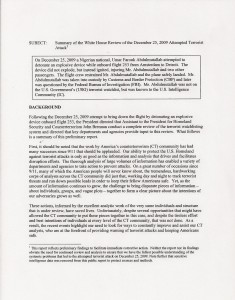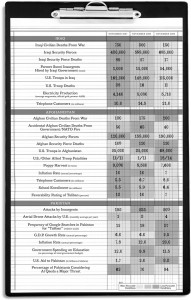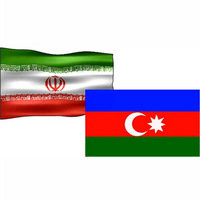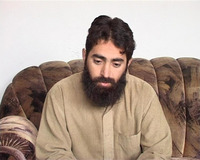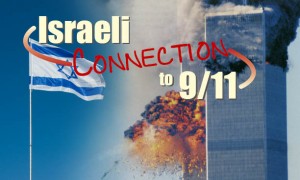Terrorism Fight Requires Intelligence Accountability (Senator John Kerry)
Frankly, we don’t need more commissions or bureaucracies. We do need intelligence professionals and their managers who are committed to a new culture of quality, cooperation, and accountability.
Two attacks highlight counterterrorism's bureaucratic bog (David Ignatius)
Talking to veteran counterterrorism officers, I hear a common theme that unites these two disastrous lapses: The CIA has adopted bureaucratic procedures that, while intended to avoid mistakes, may actually heighten the risks. In the words of one CIA veteran, “You have a system that is overwhelmed.”
But those standard agent-handling rules have been violated routinely, in Iraq and now Afghanistan, because senior officials have concluded it's too dangerous outside the wire. “At least 90 percent of all agent meetings are conducted on bases,” estimates one CIA veteran. The agency wants to protect its people, understandably — but the system actually works to increase vulnerability.
The Khost tragedy shows that the CIA needs to take the counterintelligence threat from al-Qaeda more seriously. Intelligence reports over the past year have warned that groups linked with al-Qaeda were sending double agents to penetrate CIA bases in Afghanistan.
The brave CIA officers serving overseas deserve a better system than this.
CIA Director Leon Panetta should use these searing events to foster a culture of initiative and accountability at a CIA that wants to do the job — but that needs leadership and reform.
Holes For The CIA To Close (David Ignatius)
A replay of long-standing criticisms of CIA's short-tours, lack of memory, refusal to take counterintelligence seriously, and general ineptitude outside the Embassy cocktail circuits.
Confusion Grows Over How Bomber Infiltrated CIA Base (Los Angeles Times)
A CIA inquiry is focused on two main questions: why the bomber was not more thoroughly screened and where he received the training and explosives used in the attack.
Deja Vu Stories
U.S. Saw A Path To Qaeda Chiefs Before Bombing
Suicide bomber who attacked CIA post in Afghanistan was trusted informant from Jordan

